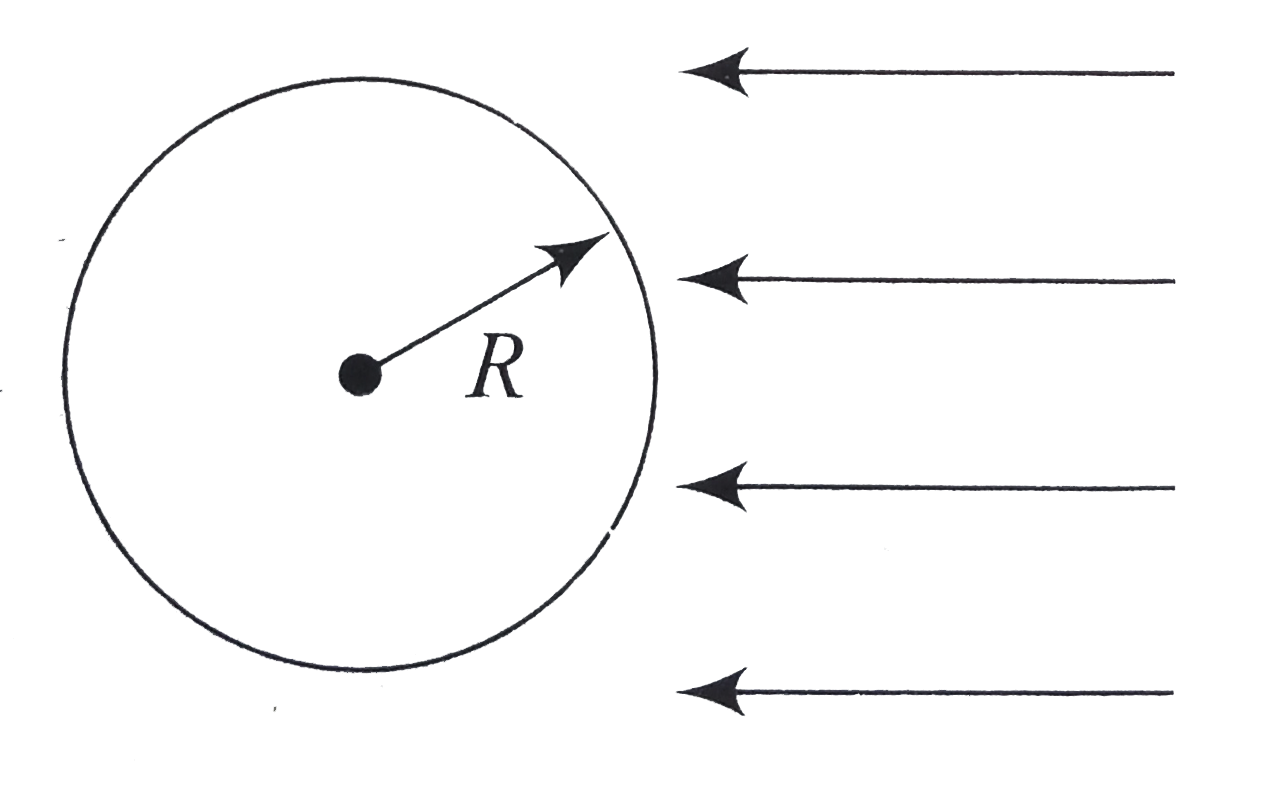An ideal mirror
absorbs all the amount of light incident on it
refracts all the light
reflects all the light
none of the above
The correct Answer is:C
Step-by-Step Solution:
1. Understanding the Concept of an Ideal Mirror:
- An ideal mirror is defined as a perfect reflector of light. This means that it does not absorb or refract any light that hits its surface.
2. Analyzing the Options:
- Option A: Absorbs all the amount of light incident on it.
- This is incorrect because an ideal mirror does not absorb light.
- Option B: Refracts all the light.
- This is also incorrect because an ideal mirror reflects light, it does not refract it.
- Option C: Reflects all the light.
- This is the correct option, as an ideal mirror reflects all the light that hits it without any loss.
- Option D: None of the above.
- This is incorrect because we have already identified the correct option.
3. Conclusion:
- The correct answer is Option C: Reflects all the light. An ideal mirror reflects all the light that is incident upon it, making it a perfect reflector.
- An ideal mirror is defined as a perfect reflector of light. This means that it does not absorb or refract any light that hits its surface.
- Option A: Absorbs all the amount of light incident on it.
- This is incorrect because an ideal mirror does not absorb light.
- Option B: Refracts all the light.
- This is also incorrect because an ideal mirror reflects light, it does not refract it.
- Option C: Reflects all the light.
- This is the correct option, as an ideal mirror reflects all the light that hits it without any loss.
- Option D: None of the above.
- This is incorrect because we have already identified the correct option.
- The correct answer is Option C: Reflects all the light. An ideal mirror reflects all the light that is incident upon it, making it a perfect reflector.
Topper's Solved these Questions
Similar Questions
A palne light wave of intensity I=0.70W/cm2 illuminates a sphere with ideal mirror surface. The radius of the sphere is R=5.0cm. From the standpoint of the corpuscular theory find the force that light exerts on the sphere.
View SolutionA point source of radiation power P is placed on the x-axis of an ideal plane mirror. The distance between the source and the mirror is n times the radius of the mirror. Find the force that light exerts on the mirror.
View Solution
Knowledge Check

A plane wave of intensity I=0.70Wcm−2 illuminates a sphere with ideal mirror surface. The radius of sphere is R=5.0cm. From the standpoint of photon theory, find the force that light exerts on the sphere.A0.8μNB0.2μNC0.5μND1.2μNThe side mirrors of vehicles are of which type of mirrors
AconvexBconcaveCplaneDinvertedIf a carton containing a dozen mirrors is dropped, which of the following cannot be the ratio of broken mirrors to unbroken mirrors ?
A0.084027777777778B0.12569444444444C0.12638888888889D0.29513888888889
Which of the following are concave mirrors and which convex mirror ?
Shaving mirrors, Car headlight mirror, Searchlight mirror, Driving mirror, Dentist's inspection mirror, Torch mirror, Staircase mirror in a double-decker bus, Make-up mirror, Solar furnace mirror, Statellite TV dish, Shop security mirror.
View Solution…………of spherical mirror is called……….. Of the mirror.
View SolutionWhat is a spherical mirror, ? Distinguish between a concave mirror and a convex mirror.
View SolutionOut of convex mirror and concave mirror, whose focusl is situated behind the mirror ?
View SolutionA concave mirror is used as a head mirror by ENT specialists. The same mirror can also be used as a shaving mirror. Why?
View Solution
